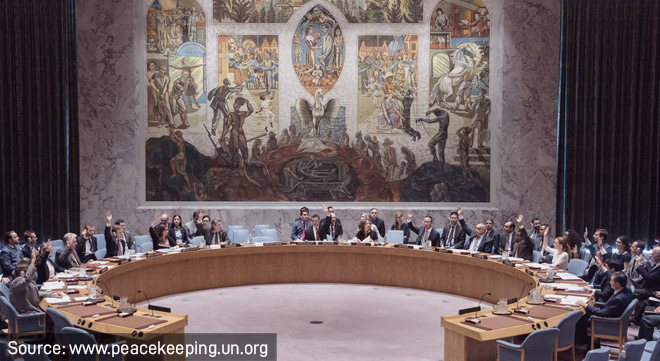The Financial Intelligence Centre (FIC) has published the finalised guidance on the measures accountable institutions must take to comply with their targeted financial sanctions (TFS) obligations.
South Africa implements the TFS that originate from United Nations Security Council resolutions under Chapter VII of the Charter of the UN. Security Council resolutions relate to, among other things, the prevention and suppression of terrorism and terrorist financing, and the prevention, suppression, and disruption of the proliferation of weapons of mass destruction (WMD). The measures range from comprehensive economic and trade sanctions to targeted measures, such as arms embargoes, travel bans, and financial or commodity restrictions.
The Financial Action Task Force’s Recommendations 6 and 7 require all member countries to implement Security Council resolutions on the TFS.
South Africa’s TFS obligations require accountable institutions to:
- scrutinise client information against the TFS lists to identify designated persons and entities directly or indirectly linked to clients;
- freeze the assets of designated persons or entities; and
- file terrorist property and suspicious and unusual transaction reports with the FIC.
In addition, accountable institutions must adopt a risk-based approach to ensure their controls are proportionate to the terrorist financing and proliferation financing risks, and that sufficient resources are focused on the heightened risks of terrorist financing and proliferation financing.
The risk-based approach is intended to reinforce and complement the rules-based controls that accountable institutions have in place for TFS.
Public Compliance Communication 44A sets out guidance relating to the Financial Intelligence Centre Act (FICA) and the Protection of Constitutional Democracy Against Terrorist and Related Activities (POCDATARA) Act, through the General Laws (Anti-Money Laundering and Combating Terrorism Financing) Amendment Act of 2022 and the POCDATARA Amendment Act of 2023.
As such, it replaces PCC 44 and PCC 54, which are now out of date.
PCC 44A also sets out examples of the terrorist and proliferation financing risks accountable institutions might face and provides recommendations regarding the implementation of a risk-based approach to combating the financing of terrorism and the proliferation of WMD.
PCC 44A applies to all accountable institutions should be read together with:
- Guidance Note 6A, which provides guidance on accountable institutions’ terrorist property reporting obligations;
- the South African National Terrorism Financing Risk Assessment; and
- the FIC’s TFS Manual.
PCC 44A was made available as a draft for consultation and comments were invited by accountable institutions, advisory bodies, and all other persons from 23 November 2023 to 31 January 2024. All comments received have been considered and incorporated into PCC 44A where appropriate.



